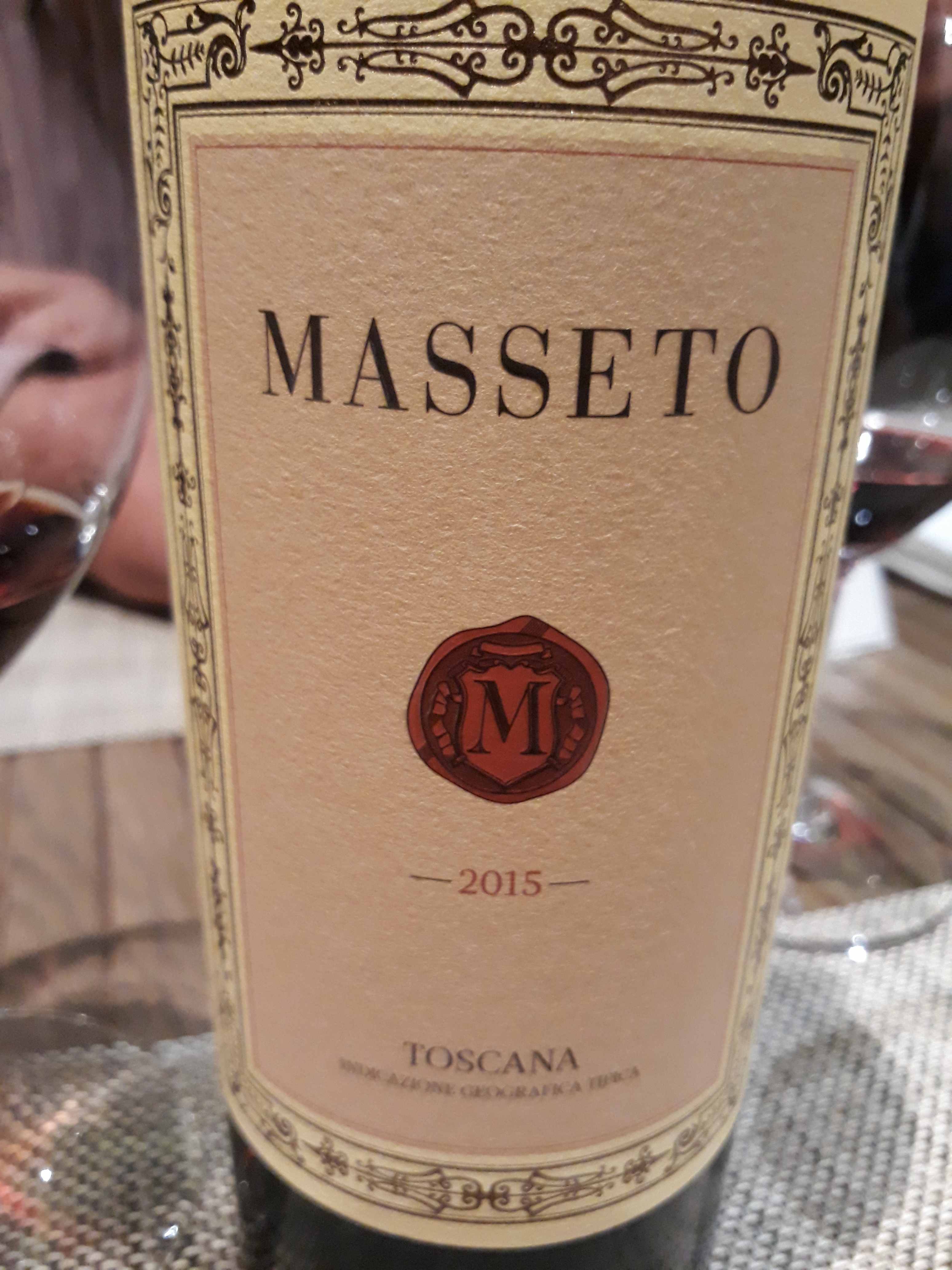Is Merlot the prince of grapes?
Merlot, as the market knows, is a consumer favourite, beloved by wine drinkers the world over. Except, of course, by Miles Raymond, the depressed, cynical teacher in the movie Sideways!
Miles’ famous line, delivered with passion by actor Paul Giamatti, was: "If anyone orders Merlot, I'm leaving, I am NOT drinking any (expletive) Merlot!" That one line apparently cost producers millions of dollars in sales in the United States.
Market research shows that consumers will default to Merlot when faced with a confusing array of bottles on the supermarket or retail shelf. “Merlot is the number one red wine sold by volume and consumption in South Africa,” said James Downes of Shannon Vineyards in Elgin. There are 5 500 hectares planted “surely 10% of that must be capable of top quality?” he questioned.
Yet all too frequently in South Africa one hears the bleat: “Yes, but no-one takes Merlot seriously...” Well, that’s no longer true. There used to be only a few producers genuinely attempting to make a serious Merlot – and they were easy to identify: Thelema with its consistently well rated Merlot Reserve, Hartenberg who saw Carl Schultz crowned Diners Club Winemaker of the Year for it in 2005 when there were 93 entries; Veenwouden, Laibach and Vergelegen.
While Veenwouden is a name seldom heard anymore, the others are still around and making consistently good versions. Modern Merlot crusaders include Bein, Oldenburg, Creation, Groot Constantia, Anthonij Rupert, Keermont, Eagles Nest, De Trafford, Vilafonté and Meerlust. Yet the one producer which has grabbed the lion’s share of what little light is shed on this grape of late is Shannon.
Downes and his brother Stuart have been responsible for changing perceptions of Merlot with their excellent Mount Bullet which notched up a 5 star rating in the annual Platter guide in 2011 with its 2008 vintage, something it repeated in 2017 and 2018 and then again in 2019 with its Shannon Black from the 2013 vintage.
The last wine came as something of a surprise to local fans since it was new. As the most recent Platter Guide stated: ‘The Shannon Black aka ‘Black Bullet’, a serious, premium-priced barrel selection of a single Italian clone of merlot, in striking black livery with nary a name on the front label. 2013 massive, meaty, brooding, but with balance and leavening savoury finish. 22 months in oak, half new.’
“Everyone talks about Pinot Noir being the heartbreak grape of Burgundy – but Merlot is essentially its Bordeaux equivalent,” said Downes – and he believes that viticulturally it should be treated as such. Speaking after the recent third annual gathering by the Hallo Merlot forum, he used the analogy of cooking time, equating ‘low and slow’ to Merlot cultivation.
“It’s like ripening something in third gear versus fifth gear...” Merlot needs to ripen slowly and completely, making the most of extended hang time. It’s a grape which is better suited to cooler climates rather than hotter ones.
Luca Rettondini of Le Macchiole in Bolgheri, Tuscany, was the guest of honour at the 2019 Hallo Merlot forum. He was happy to share his experience of making some of Italy’s top Merlot. Rettondini is not alone in allowing his grapes to grow and ripen to 17% potential alcohol before diluting down to 14 or 14.5% in the cellar!” That dilution or dehydration is allowed in Italy – but not in South Africa. Climate change is fast becoming a reality, particularly for northern hemisphere producers which have had to cope with ever more extreme growing conditions – experiencing frost, hail and heat waves in the past two years alone. Just as certain French regions are thinking of approving irrigation, should South Africa not consider relaxing the regulations on dilution?
Something else Downes advocates after listening attentively to the various guest speakers at Hallo Merlot over the past three years is that of harvest dates. One thing Chateau Petrus and Le Pin, La Macchiole and Masseto – or Tenuta Dell’Ornellaia Masseto to give it its correct moniker – share is harvesting close to the northern hemisphere equinox in late September. The equivalent of that in South Africa would be the end of March.

One of Italy’s most iconic wines, the 100% Merlot, Tenuta Dell’Ornellaia Masseto.
“Sadly, what happens locally is that Cabernet is still king. Merlot is picked and rushed through the winery in order to clear tank space for when Cabernet ripens properly and is harvested,” Downes said. “Is it any wonder then why SA Merlot is criticised for having green or unripe flavour when it’s being harvested unripe in late January or early February?”
It’s no surprise that Downes did the homework before committing to their own Merlot. (“At one point my father wanted to pull all the Mount Bullet Merlot out!” he admitted) Just as they did with Pinot Noir in the early days when they sold off fruit to Catherine Marshall, Clive Torr and Newton Johnson to trial what their grapes were capable of, their Merlot went to Anthonij Rupert Wines between 2005 and 2009. “And we had the added benefit of access to Rosa Kruger and her knowledge who was their chief viticulturist at the time as well as to their consultant Michel Rolland.”
Being a viticulturist means that Downes loves a challenge. “Merlot is like working with a problem child. You have to work so hard and put in so much effort – but when you do and the problem child starts blossoming, it’s so rewarding.”
- Fiona McDonald